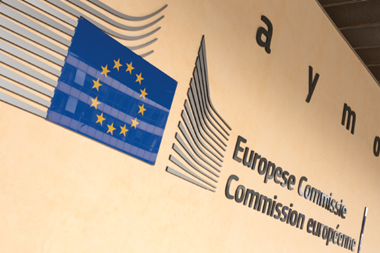S&P Global Ratings will no longer be including new environmental, social and governance (ESG) credit indicators in its reports or updating existing scores, the US-headquartered credit rating agency announced.
The impact of ESG factors on a borrower’s creditworthiness will instead only be captured by narrative paragraphs in its reports, S&P Global said.
“After further review, we have determined that the dedicated analytical narrative paragraphs in our credit rating reports are most effective at providing detail and transparency on ESG credit factors material to our rating analysis, and these will remain integral to our reports,” it said in a short statement.
The credit rating agency started publishing alphanumeric ESG credit indicators in some sectors and asset classes in 2021. It said these had been indicated to illustrate and summarise the relevance of ESG credit factors on its rating analysis, supplementing the narrative content.
S&P’s move comes at a time of heightened political scrutiny of ESG-related investment in the US, in addition to various moves by regulators across the world to address concerns about the transparency, quality and reliability of ESG ratings.
In the EU, the European Commission earlier this year put forward a draft proposal to regulate the provision of ESG ratings. In this, it said ESG ratings agencies would need to secure approval in order to offer their services within the EU, and publish their methodologies. Any company in scope could be fined up to 10% of annual revenues for breaches.
In the UK, meanwhile, a consultation is underway to develop a voluntary code of conduct for ESG ratings providers, although the government has also been considering regulating the provision of ESG ratings.
Asked for a comment on its stance on alphanumerical ESG indicators, a spokesperson for Moody’s said: “Moody’s incorporates all risks, including those related to ESG, into its credit ratings when they are material, and also publishes ESG scores on a 1 to 5 scale.”
Fitch had not responded to a request for comment by the time of publication.
The three largest credit rating agencies are supporters of a long-standing PRI initiative to improve consideration of ESG factors in credit risk analysis and promote better understanding of the practice.
Read the digital edition of IPE’s latest magazine

















